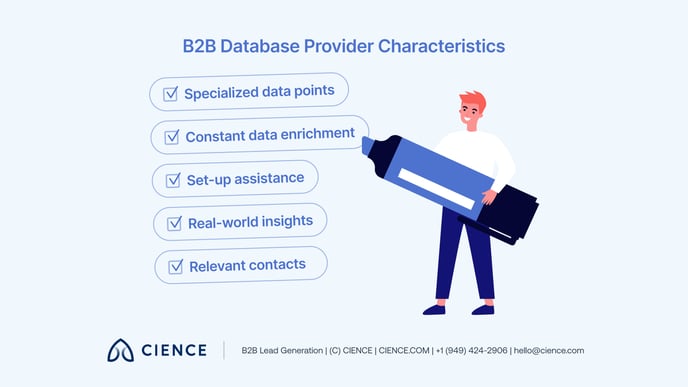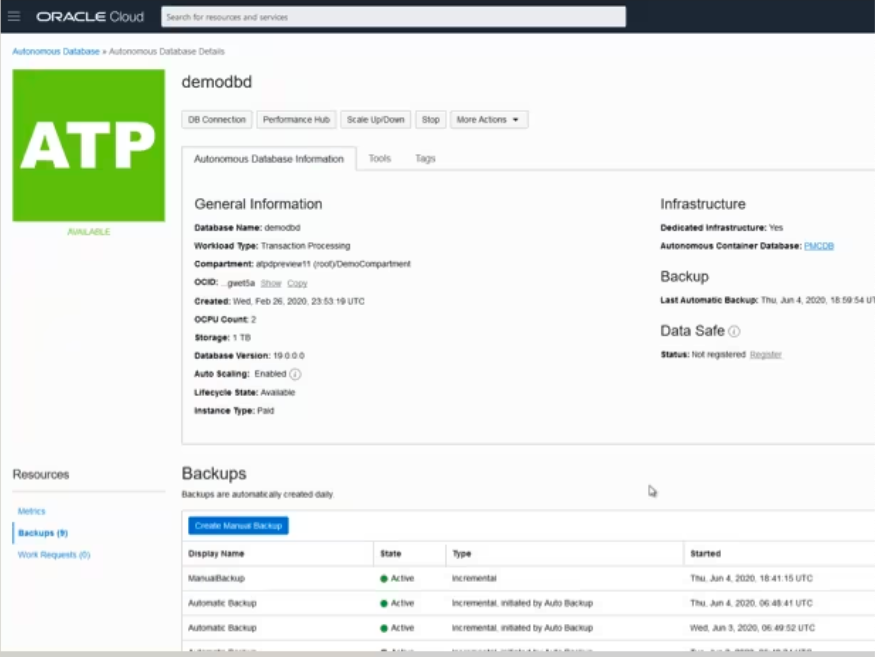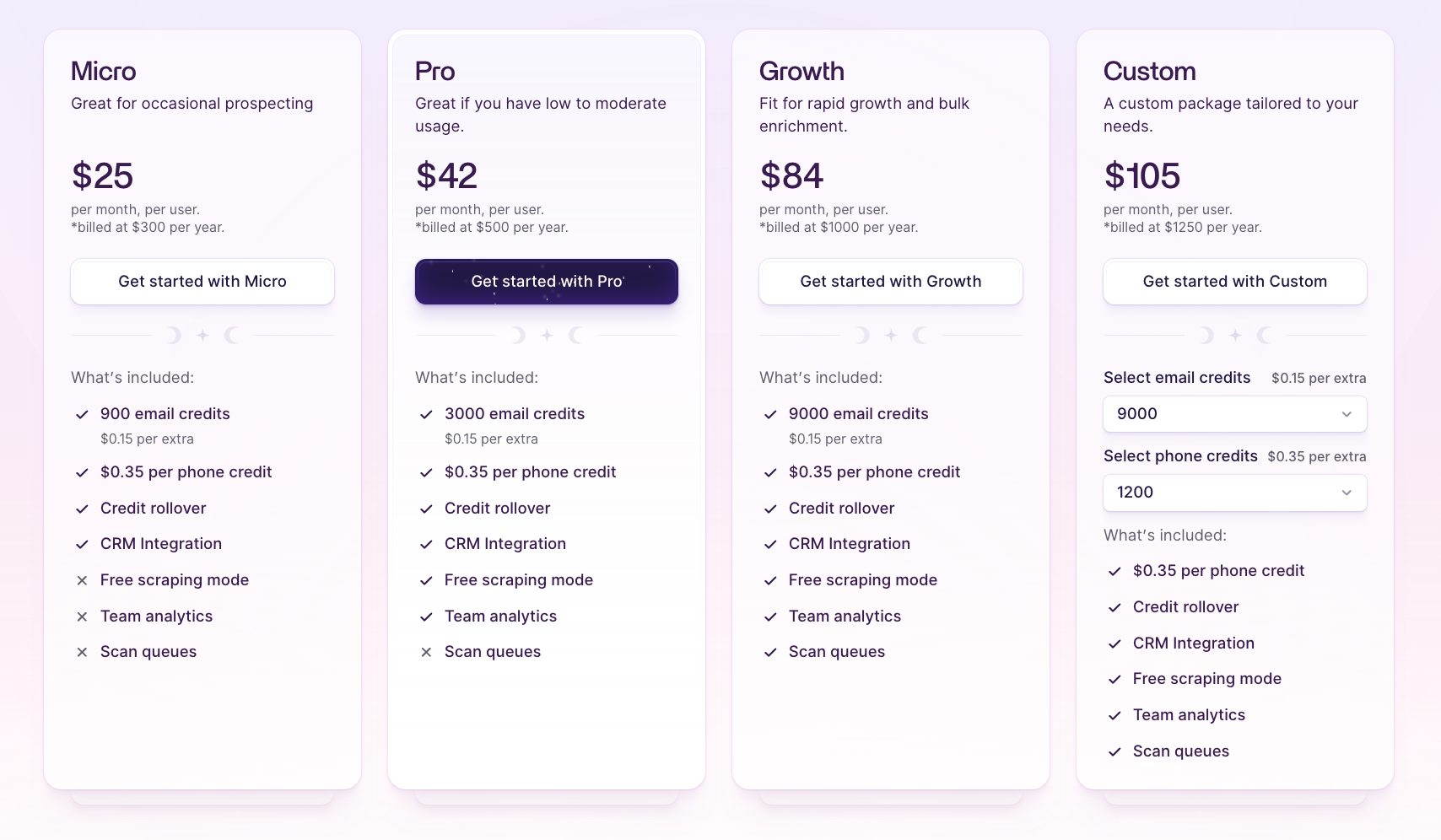Contrasting Popular Database Providers: Features and Rates
Contrasting Popular Database Providers: Features and Rates
Blog Article
Key Attributes to Look for When Selecting a Database Provider
Choosing a database provider is a critical decision that can significantly impact your organization's procedures and data administration approach. Among the important features to consider are scalability options, which ensure that your system can adapt to growing needs.
Scalability Options
When choosing a data source carrier, understanding scalability choices is crucial to ensuring that the selected service can fit future development. Scalability describes the capability of a database system to expand its capability and performance in response to boosted need. There are two key kinds of scalability: straight and vertical.
Upright scalability, or "scaling up," involves boosting a solitary server's resources, such as CPU, RAM, or storage space. This approach can be economical and straightforward for smaller sized applications yet may get to a restriction where further upgrades are also expensive or impractical.
Straight scalability, or "scaling out," entails adding extra servers to disperse the load. This technique permits better versatility and can fit considerable increases in data volume and customer traffic (database provider). It is especially useful for cloud-based database services that can dynamically designate sources based on demand

Security Measures

When evaluating safety procedures, take into consideration the application of file encryption methods (database provider). Data-at-rest and data-in-transit file encryption are necessary to ensure that sensitive details remains secured, also in case of a safety violation. Additionally, look for suppliers that use strong authentication devices, such as multi-factor verification (MFA), to additionally enhance accessibility control
Routine security audits and conformity with market criteria, such as GDPR or HIPAA, are indicative of a company's dedication to information protection. Additionally, ask concerning their occurrence response plan; a durable plan can minimize the influence of any type of potential safety event.
Performance Metrics
Examining performance metrics is vital for companies to guarantee that their chosen database company fulfills operational requirements. Key performance metrics consist of feedback time, throughput, and scalability, which jointly determine the effectiveness of database procedures under differing tons.
Action time is essential, as it shows exactly how promptly the data source can process queries and return outcomes. Organizations must try to find metrics that show typical reaction times throughout height and off-peak hours. Throughput, usually measured in transactions per second (TPS), gives insight into the data source's capability to take care of high quantities of demands go now without efficiency degradation.
Scalability examines the data source's capability to grow with the organization's needs. A robust database carrier ought to show straight and upright scaling abilities, permitting seamless adjustments as demands fluctuate. Additionally, recognizing latency, especially in dispersed systems, can assist companies review the responsiveness of the data source throughout different geographical locations.
Customer Assistance
Dependable client assistance is a cornerstone of efficient data source administration, giving companies with the help needed to deal with concerns and enhance performance. When selecting a data source provider, evaluating the degree of consumer support they use is crucial. A robust support system need to include numerous channels of communication, such as phone, e-mail, and live chat, making sure that individuals can access help whenever they require it.
Furthermore, receptive support groups that are offered 24/7 considerably boost the integrity of the database service. Prompt feedback times and reliable resolution of problems can substantially decrease downtime and boost overall performance. It is additionally beneficial to consider the availability of committed support personnel, who can use tailored assistance based on a company's particular needs.

Rates Framework
When taking into consideration a database supplier, the pricing structure is a critical element that can substantially affect an organization's budget and general method. A adaptable and transparent rates design is essential for lining up the database sets you back with business needs - database provider. Organizations should review whether the rates is find out here now based on usage, per customer, or a level rate, as each version can yield various financial effects with time
It is necessary to evaluate any additional costs connected with the service provider's services, such as data storage charges, transaction prices, and support fees. Some suppliers may supply tiered rates, enabling scalability as the organization grows, while others may impose stringent limitations that might come to be costly as information needs increase.
Moreover, organizations must take into consideration the long-lasting value of the database solution. While lower initial costs can be attractive, they may not represent future upgrades, upkeep fees, or assimilation prices. Performing an extensive cost-benefit analysis will help determine one of the most suitable prices framework that stabilizes assistance, scalability, and performance, eventually ensuring that the selected database carrier straightens with the organization's operational and financial purposes.
Verdict
In final thought, picking a data source service provider requires careful factor to consider of numerous vital features. Evaluating efficiency metrics allows the identification of efficient data sources, and easily accessible client assistance improves the general customer experience.
Picking a database carrier is a critical choice that can dramatically influence your organization's information and operations management method.When picking a data source provider, understanding scalability choices is important to ensuring that the chosen service can fit visit homepage future growth. When picking a database provider, examining the degree of client assistance they provide is essential.When thinking about a data source service provider, the pricing framework is an essential variable that can significantly impact a company's budget and general strategy. Carrying out a thorough cost-benefit evaluation will aid determine the most suitable prices framework that balances support, scalability, and performance, ultimately making certain that the chosen database provider lines up with the organization's monetary and functional purposes.
Report this page